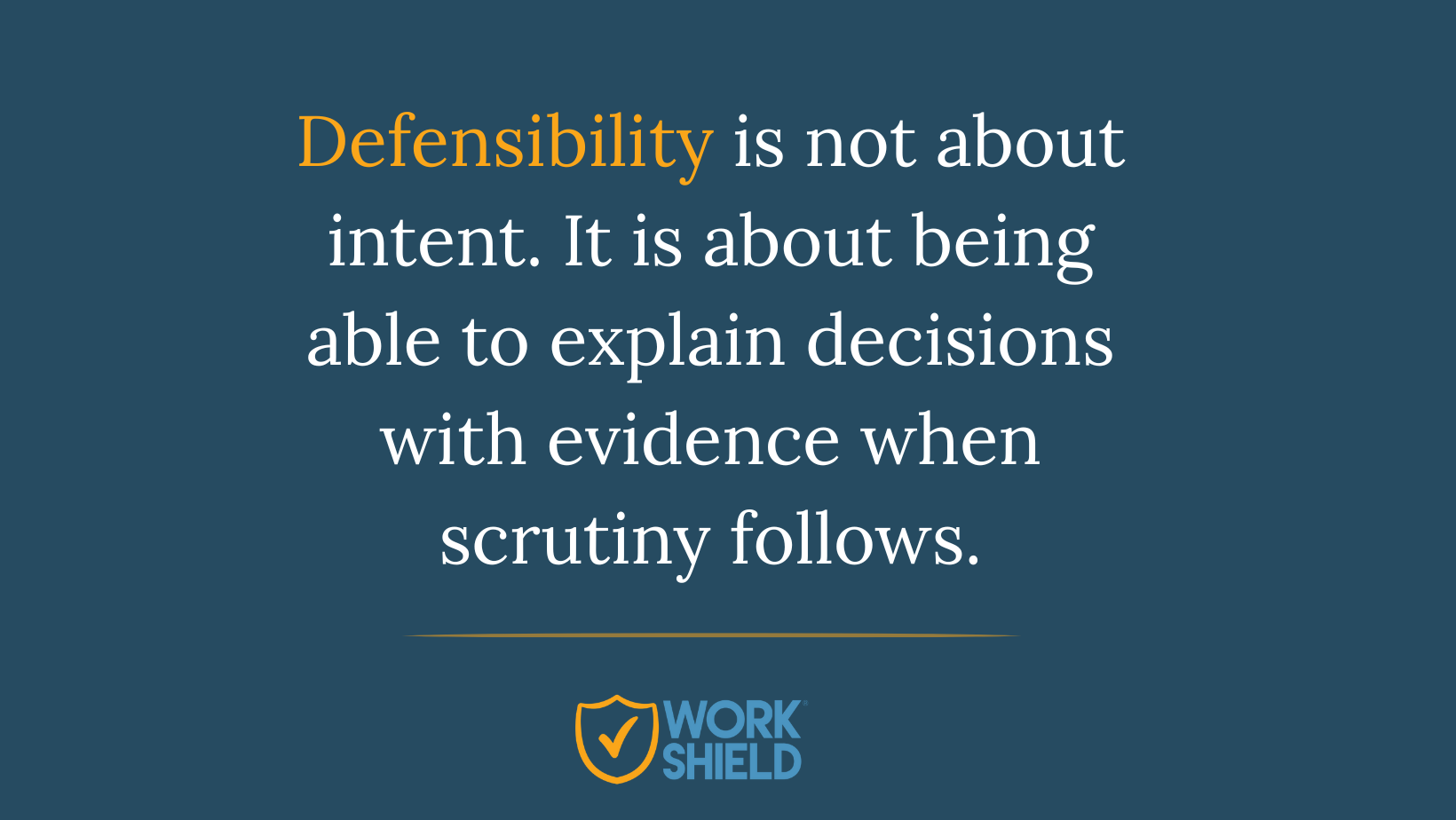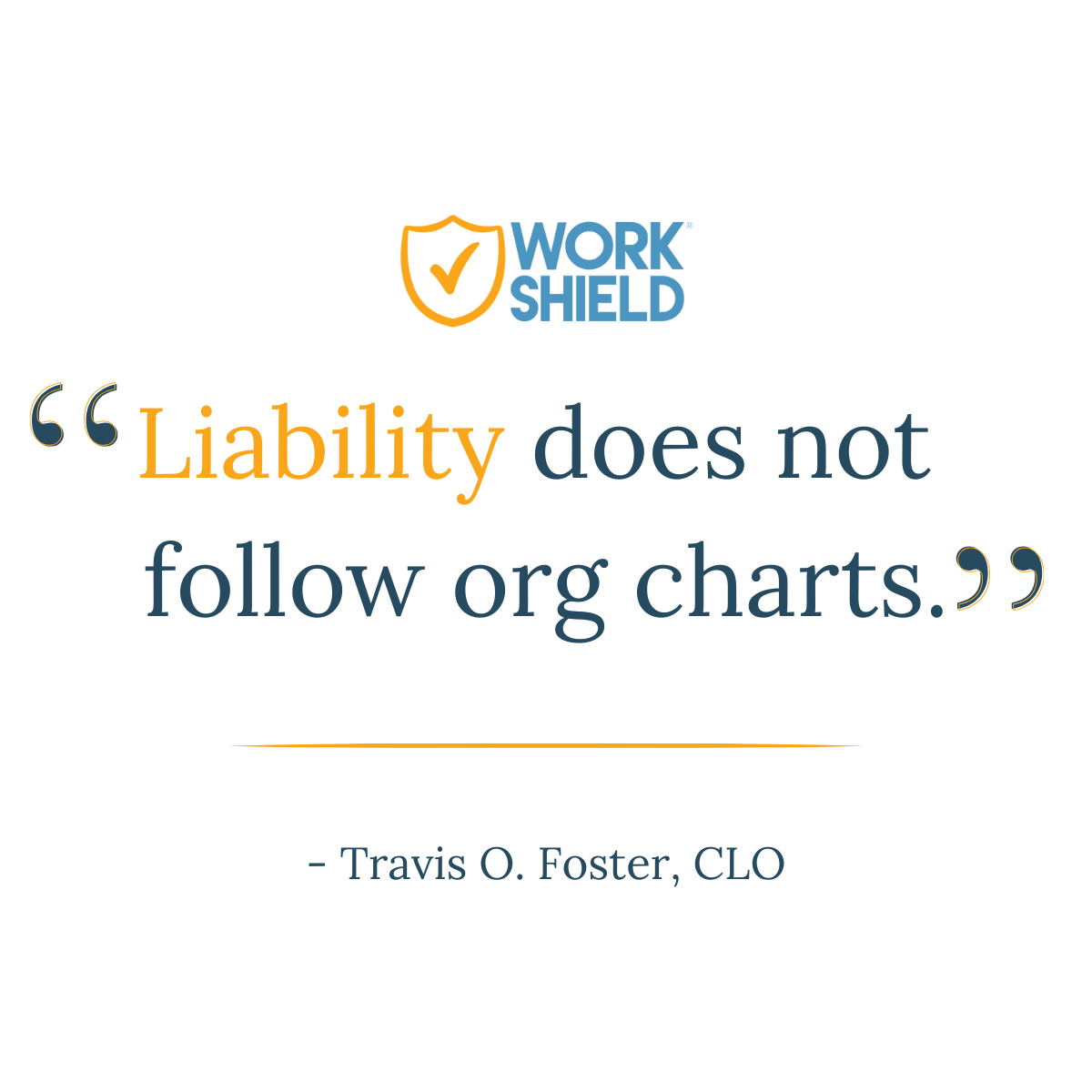Retaliation in the workplace is a complex issue, particularly when addressing workplace harassment and discrimination. According to a study conducted by the Equal Employment Opportunity Commission (EEOC), 75% of workplace harassment victims experienced retaliation when they spoke up. In addition, The EEOC received 37,632 retaliation complaints in 2022, making it one of the most commonly filed types of complaints. The EEOC also reports that retaliation is not only the most common alleged basis of discrimination but also the most frequently identified finding in federal cases. These statistics highlight the significance of retaliation in the workplace as a form of harassment that demands serious attention and action.
By gaining a deeper understanding of this issue and taking proactive measures, organizations can foster a more equitable and supportive work environment for their employees. In this blog, we will explore the concept of workplace retaliation under Title VII, provide examples of workplace retaliation, and offer effective strategies to prevent it while fostering a #BeHeard Culture.
Defining retaliation under Title VII:
Before we dive into examples of retaliation under Title VII, let’s first understand what Title VII is. Title VII of the Civil Rights Act of 1964 is a federal law that prohibits employment discrimination based on a protected class, such as race, color, religion, sex, national origin, etc…. It also prohibits retaliation against an individual who has opposed any practices made unlawful by this law, or who has made a charge, testified, assisted, or participated in any manner in an investigation, proceeding, or hearing under this law.
Retaliation under Title VII occurs when an employer takes adverse action against an employee for engaging in protected activity. This could include anything from termination to demotion, denial of promotion, or even harassment. Essentially, if an employer punishes an employee for speaking out against discrimination or participating in an investigation, they are committing retaliation under Title VII. Retaliation undermines the principles of fairness, hinders employees’ well-being, and compromises the overall productivity and success of a workplace.
Examples of Workplace Retaliation:
There are numerous examples of retaliation under Title VII that can occur in the workplace. For instance, let’s say an employee complains to their supervisor about being sexually harassed by a coworker. If the supervisor responds by giving the employee a negative performance review or reducing their hours, this could be considered retaliation. Another example could be an employee who files a complaint with their HR department about racial discrimination in the workplace. If their employer responds by demoting them, this could also be considered retaliation.
It’s important to note that retaliation can take many forms and can be subtle or blatant. It can also occur even if the underlying discrimination claim is found to be unsubstantiated. Employers must take care to avoid retaliating against employees who engage in protected activity under Title VII.
According to the EEOC, it is unlawful to retaliate against employees for:
- filing or being a witness in an EEO charge, complaint, investigation, or lawsuit
- communicating with a supervisor or manager about employment discrimination, including harassment
- answering questions during an employer investigation of alleged harassment
- refusing to follow orders that would result in discrimination
- resisting sexual advances, or intervening to protect others
- requesting accommodation of a disability or for a religious practice
Fostering a #BeHeard Culture:
Retaliation instills fear in both employees and employers, but proactive steps can be taken to prevent it and foster a #BeHeard culture. One such measure is the implementation of written anti-retaliation policies within organizations so it is clear to all employees that retaliation will not be tolerated. Additionally, conducting workshops to educate employees on identifying and reporting instances of retaliation can empower them to come forward as upstanders. Finally, leveraging a third-party incident management solution can ensure thorough investigations of all retaliation claims for a transparent and fair workplace environment. By taking these preventative measures, organizations can work towards fostering a workplace free from retaliation.
At Work Shield, we recognize the significance of reporting workplace misconduct. Our trained investigators conduct thorough investigations into harassment and discrimination reports, ensuring real resolutions – especially in instances of retaliation. No employee should experience retaliation for exercising their workplace rights. By leveraging our third-party misconduct solution, employees can minimize the fear of reprisal for speaking up and ensure a sense of inclusivity that should be fostered within every #BeHeard culture.





